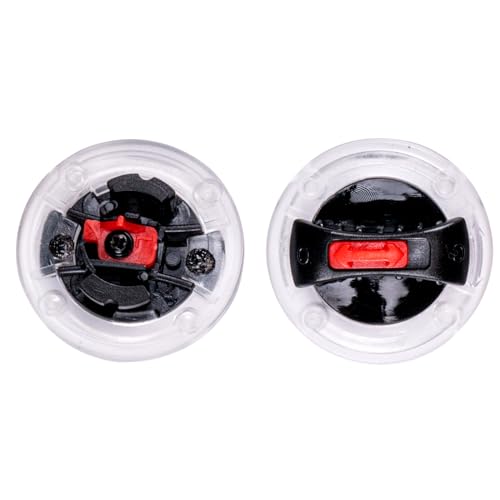- Joined
- Dec 3, 2009
- Messages
- 22,443
- Reaction score
- 261
- Location
- Van Nuys Ca.
- My Bike Models
- 1983 Interstate
2018 KLR 650
2018 BMW S1000 RR
- My Bike Logs forum link
- https://classicgoldwings.com/forums/dan-filipi.122/
I wanted to get your guys' opinion on this.
In my service van I have a second battery to power a 120 volt invertor.
I've been charging it connected to a fuse panel under the driver seat, charge would only take place when the ignition key is on but after the main battery died after just 6 months I've been monitoring the charge and voltage at this second battery.
I was finding with the newer alternators that once the main battery comes up to charge the voltage would drop off to 13.6-13.8 and when the second battery is already drained from using the invertor the alternator and the where I had it connected at the fuse panel wasn't supplying a high enough voltage and amperage.
So what I've done is run a 4 gauge wire from the second battery to the main battery and installed a battery isolator.
(I found a Sunpower unit for $35)

https://www.grainger.com/Grainger/BATTER ... ator-4NGT5
What it does is senses the main battery voltage, once that voltage is above 13.8 it closes a relay to charge the second battery.
That seems to be working perfectly.
What it also does it keeps the relay closed until the main battery voltage drops to 12.8 then the 2 batteries are uncoupled.
My concern here is the second battery is a Optima yellow top, expensive but worth it. May last one lasted 10 years!
It's full charge voltage is 12.99 so what happens is while the 2 batteries are coupled it's actually draining the Optima down to 12.8 because the full charge voltage of the main battery is 12.8.
Maybe no concern here but I'm wondering if by making the second battery "cycle" from full charge down to 12.8 I'm actually reducing it's life or is that so minimal I'm being too anal?
In my service van I have a second battery to power a 120 volt invertor.
I've been charging it connected to a fuse panel under the driver seat, charge would only take place when the ignition key is on but after the main battery died after just 6 months I've been monitoring the charge and voltage at this second battery.
I was finding with the newer alternators that once the main battery comes up to charge the voltage would drop off to 13.6-13.8 and when the second battery is already drained from using the invertor the alternator and the where I had it connected at the fuse panel wasn't supplying a high enough voltage and amperage.
So what I've done is run a 4 gauge wire from the second battery to the main battery and installed a battery isolator.
(I found a Sunpower unit for $35)

https://www.grainger.com/Grainger/BATTER ... ator-4NGT5
What it does is senses the main battery voltage, once that voltage is above 13.8 it closes a relay to charge the second battery.
That seems to be working perfectly.
What it also does it keeps the relay closed until the main battery voltage drops to 12.8 then the 2 batteries are uncoupled.
My concern here is the second battery is a Optima yellow top, expensive but worth it. May last one lasted 10 years!
It's full charge voltage is 12.99 so what happens is while the 2 batteries are coupled it's actually draining the Optima down to 12.8 because the full charge voltage of the main battery is 12.8.
Maybe no concern here but I'm wondering if by making the second battery "cycle" from full charge down to 12.8 I'm actually reducing it's life or is that so minimal I'm being too anal?

















































